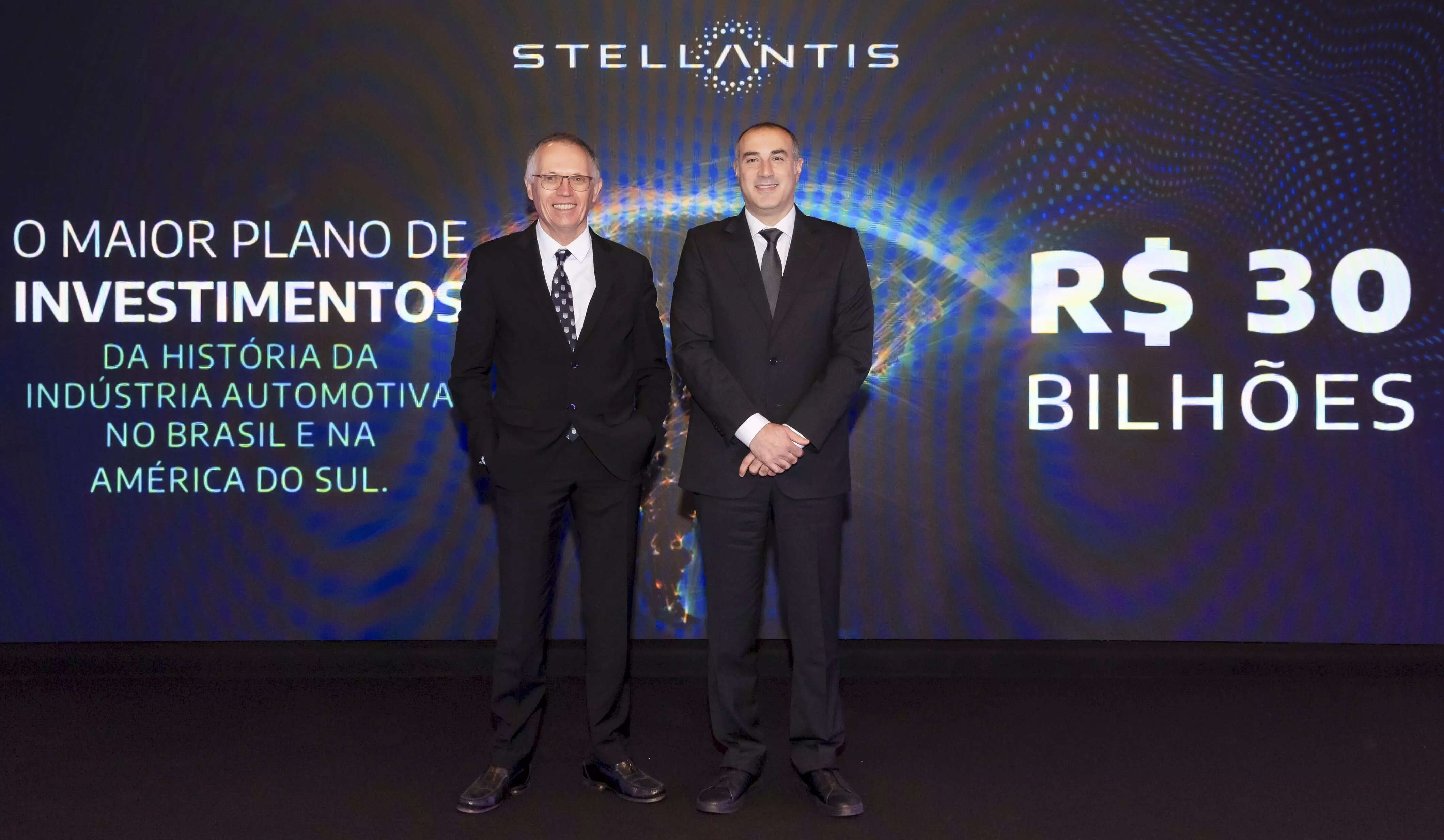
Stellantis has announced a record investment plan for the South American region totaling EUR 5.6 billion from 2025 to 2030, making it the largest investment in the history of the Brazilian and South American automotive industry.
The planned investments will support the launch of more than 40 new products during the period as well as the development of new Bio-Hybrid technologies, innovative decarbonization technologies across the automotive supply chain, and strategic new business opportunities.
The investment from Stellantis reinforces its leadership in the region, strengthens the development of the local industry, and accelerates its achievement of the Dare Forward 2030 long-term strategic plan as the region maintains its leadership in offering clean, safe and affordable mobility in Brazil and South America.
Stellantis CEO Carlos Tavares, said, “This announcement solidifies our trust and commitment in the future of the South American automotive industry and is a response to the favorable business environment here. As a critical part of our ‘third engine’ growth strategy, South America will take a leading role in accelerating the decarbonization of mobility together with our employees, our supply chain network and our partners. I want to thank each team member involved in helping create and execute our investment strategy so that, together, we can achieve our industry-leading carbon neutrality ambition.”
As part of its Dare Forward 2030 strategic plan, Stellantis is investing more than EUR 50 billion in electrification over the next decade and is on track to become a carbon net zero corporation by 2038, all scopes included, with single-digit percentage compensation of remaining emissions. South America plays a leading role in the “third engine” – the aggregation of the South America, Middle East & Africa and China and India & Asia Pacific segments – and is a thriving contributor to growing Stellantis’ revenue targets outside North America and Europe.
Bio-hybrid technologies: One of the beneficiaries of this investment are the cutting-edge Bio-Hybrid technologies, which combine electrification with hybrid engines powered by bio-fuels (ethanol) on three different levels. The Stellantis facility in Betim, Brazil is the Company’s global center of expertise for Bio-Hybrid technology, continuing its legacy of innovation. Stellantis, under the Fiat brand, pioneered the development and application of bio-fuel engine technology, which used 100% ethanol. In the future, the region will also produce a battery electric vehicle (BEV).
The production of the first vehicles equipped with Bio-Hybrid technology is flexible and can be integrated into various models manufactured by Stellantis. It is compatible with all production lines of the Company in the region. The new hybrid and electric technologies are expected to strengthen Brazilian engineering and the domestic industry. The Bio-Hybrid technology is supported by three hybrid powertrains that will be gradually produced and introduced to the market. These new technologies include Bio-Hybrid, Bio-Hybrid electrified dual-clutch transmissions (eDCT), Bio-Hybrid Plug-In, and BEV (100% electric). The new hybrid technologies will start to be available by the end of 2024.
Stellantis Strengthening in South America: Last year, Stellantis total sales in the region surpassed 878,000 vehicles, with a 23.5% market share. The Company is the sales leader in Brazil with a 31.4% market share and maintains leadership in light commercial vehicle sales in South America, with a 28.6% market share. Fiat is the best-selling brand in Brazil and South America, and the Fiat Strada pickup is the best-selling vehicle in the country and the region.
With this investment, Stellantis will be increasingly prepared to design, develop, and produce modern cars in the region, while also expanding its business. In Argentina, for instance, the company acquired a 19.9% stake in Argentina Litio y Energía S.A., a significant step toward establishing a cluster of sustainable battery materials to meet the electrification goals outlined in its global plan.
In addition, with the acquisitions of companies Norauto and DPaschoal, Stellantis has become the largest auto parts distributor in South America and has plans to further expand its presence in the aftermarket segment.

